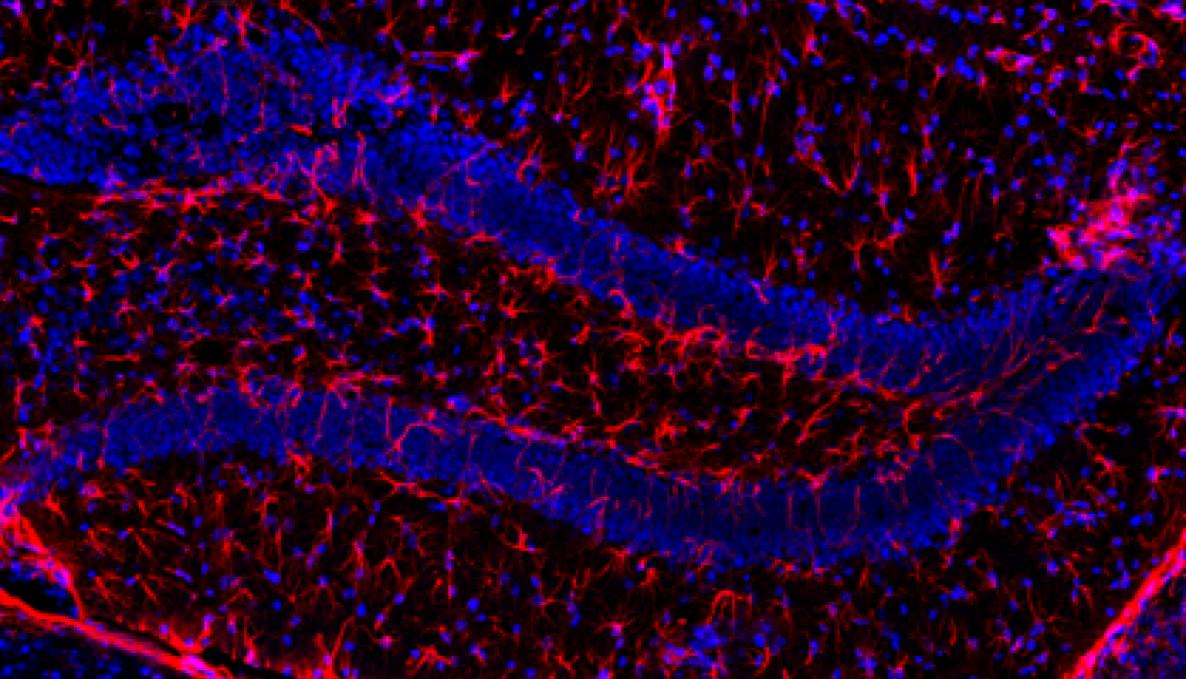how PsYChOsocial stress Affects cardiac and brain phenotypes in obese mice: EBIOMEDICINE journal published international research coordinated by SANT’ANNA school institute of life sciences

The multidisciplinary research Obese mice exposed to psychosocial stress display cardiac and hippocampal dysfunction associated with local brain-derived neurotrophic factor (BDNF) depletion reveals that when psychosocial stress is imposed onto obese subjects, the hippocampal content of BDNF is dramatically reduced.
As BDNF plays a crucial role in the hippocampus physiology, promoting neuronal survival, synaptic plasticity, and neurogenesis linked to different behavioral domains and memory, researchers highlighted the interactions between stress and obesity synergistically deteriorating myocardial structure and functions.
The study was supported by Sant’Anna School Institute of Life Sciences Trancrilab (Translational Medicine Lab. under the supervision of Vincenzo Lionetti), Pisa CNR Neuroscience Institute, Division of Cardiology Johns Hopkins University Baltimore – USA, and the University of Udine Cardiology Department, under the supervision of Matteo Caleo, Nazareno Paolocci and Antonio Paolo Beltrami.
The research project culminated in the publication of the findings in EBioMedicine (biomedical open access journal published by the Lancet) has been conducted by Jacopo Agrimi at Pisa CNR Neuroscience Institute and the Johns Hopkins University in Baltimore. The project was partly funded by Telecom Italia and the Rotary Foundation Global Study Scholarship offered to Jacopo Agrimi for health-related research on heart-brain axis function, understanding the effects of neurological disorders on the cardiovascular system.
The research team, including Sant’Anna School former PhD student Cristina Spalletti, investigated adult male WT obese mice. Obesity was induced via a high-fat diet. In vivo left ventricular performance was evaluated by echocardiography and pressure-volume loops. Left ventricular myocardium was assayed for apoptosis, fibrosis, vessel density and oxidative stress. Hippocampus was analyzed for volume, neurogenesis and astrogliosis. Cardiac and hippocampal BDNF and TrkB levels were also measured to evaluate impairs in mood, learning and spatial memory domains.
The study reveals that obesity/psychosocial stress tackle TrkB receptors, curtailing their cardiac density and explaining previous evidence showing that a mutual influence exists between BDNF and magnitude of oxidative stress in the heart and other organs/tissues as well.
“For the first time this year, the World Health Organization has officially included the Burn-out in the 11th Revision of the International Classification of Diseases as an occupational phenomenon and we expect further development of evidence-based guidelines on mental well-being in the workplace. Our research advances the new concept that an intact cardiac TrkB-dependent signaling contributes to limit basal measure of LV reactive oxygen species emission from the heart – said Vincenzo Lionetti, as the project coordinator – Findings suggest that BDNF-centered enriching therapies may benefit peripheral (myocardium) and central (hippocampus) structures improving the brain-heart axis function, thus improving the well-being of subjects at risk of cerebral-cardiac disorders such as obese individuals affected by psychosocial stress”.
“Additional studies funded by Pisa Foundation ETHERNA and EC NeuHeart – added Vincenzo Lionetti – will allow us to develop pharmacological, dietary, and exercise-centered interventions to improve both cardiac and cognitive function in obese subjects exposed to environmental stress. Neuroscientists and bioengineers will work together under the academic supervision of Antonino Cattaneo (Scuola Normale Superiore) and Silvestro Micera (Sant’Anna School Biorobotics Institute)”.



